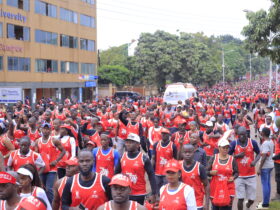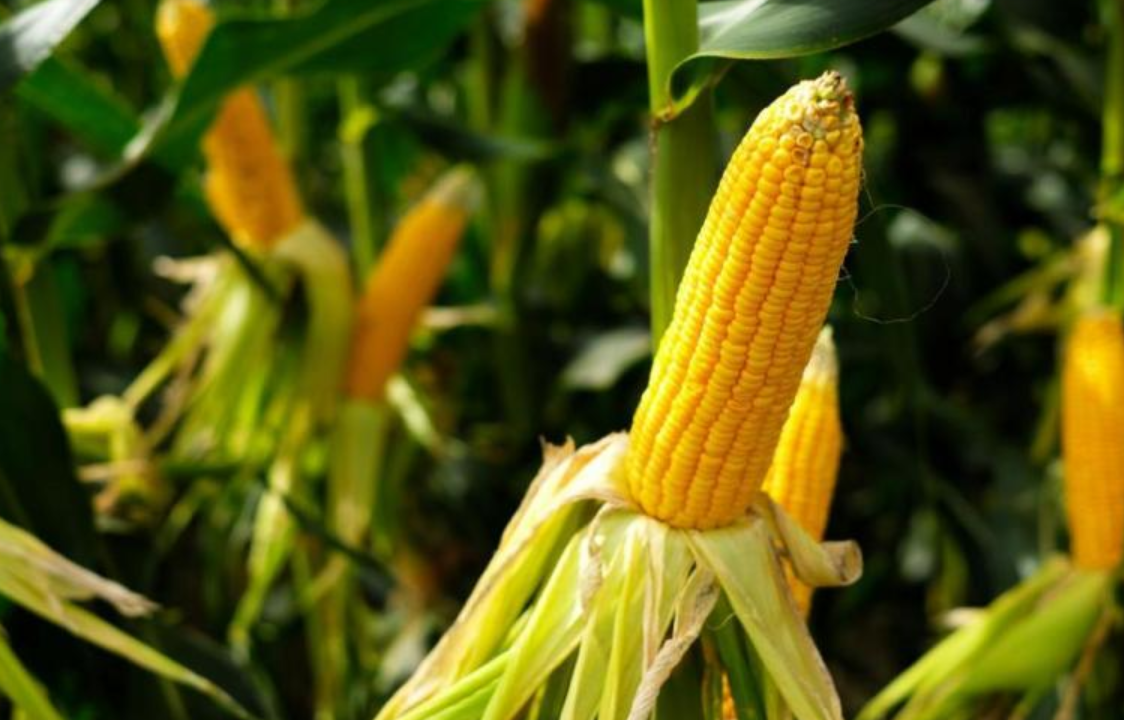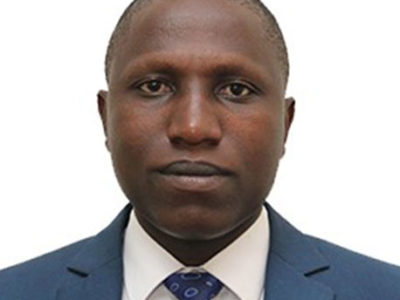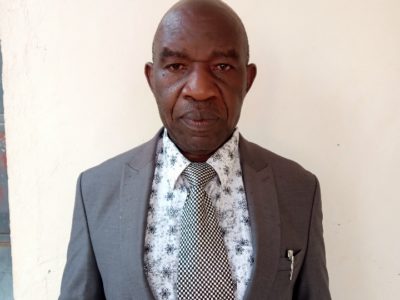Members of Parliament have expressed dismay with the 13-point plan announced by government to address the maize ban, saying the trader has not been helped.
MPs while reacting to the statement by the First Deputy Prime Minister, Gen. Moses Ali, said that the maize traders were the most affected in the week-long ban by Kenya and yet government’s plan seems detached from their plight.
“It has started raining and our maize is beginning to rot. What can the traders do now? We expected government to say we are going to buy maize – sincerely, the traders are stranded,” said Hon. Jane Nabulindo (NRM, Busia Woman MP).
The Speaker of Parliament, Rebecca Kadaga, while chairing the plenary sitting on Tuesday, 16 March 2021 wondered why government could not consider a supplementary budget to offset the traders’ losses.
“Now a clear signal has gone out that Uganda’s maize cannot be sold. I do not know whether you can consider coming here with a supplementary budget to purchase the existing maize from farmers, clean it and put it somewhere and help farmers,” said Kadaga.
Legislators criticised government’s slow pace in handling the maize ban and other non-tariff barriers imposed by Kenya.
Although the Speaker talked of government’s plan to procure silos for proper post-harvest handling, she advised that in the meantime, government could utilise the privately owned silos to help traders store maize.
Gomba East MP, Emmanuel Ssengo remarked that government has over time failed to deliver on its promise, saying he was not sure that the 13 point plan would materialise.
“The problem with this country is implementation; we come up with good ideas but we never implement. For example, setting up mobile driers and ensuring that no maize leaves Uganda in a poor quality does not require a long time as it can even be done tomorrow,” said Ssengo.
Gen. Ali, on the other hand, told legislators that government had found it hard to purchase maize because several of the trucks that had been impounded belonged to Kenyans.
“On the losses by traders, it is complicated. A colleague has mentioned that some Kenyan traders go deep in the country to purchase maize and some of the trucks impounded at Nakuru belonged to Kenyans,” said Ali.
He, however, took the proposal for government to consider a supplementary budget to purchase maize from traders. “I have a meeting on Friday and the issue of supplementary will be discussed. With this, we need your patience”
The Deputy Prime Minister further told Parliament that the two governments were slated for an urgent inter-ministerial meeting to ensure what he termed ‘a silent trade war’ is amicably handled.
Government in the meantime, according to Gen. Ali will look for markets in other African countries. This, he said, would go hand in hand with strict measures on quality of maize where all grains will have to be certified by the Uganda National Bureau of Standards.
The 13-point plan among others will support formation of co-operatives mandated with regulation, storage and marketing of grains at sub-county levels. Through co-operatives government will provide mobile driers and cleaning facilities to farmers at the parish level.
Ali said government will procure radiation machines in a bid to support farmers eradicate the cancer causing afflatoxin, as a way of mitigating exportation of contaminated maize.
On the claims by Kenyan government about the quality of Ugandan maize, the premier said government will investigate the claims and destroy any maize that would be found contaminated.
Government will formally raise its concerns with Kenya for her failure to adhere to the East African Community procedures on trade.












